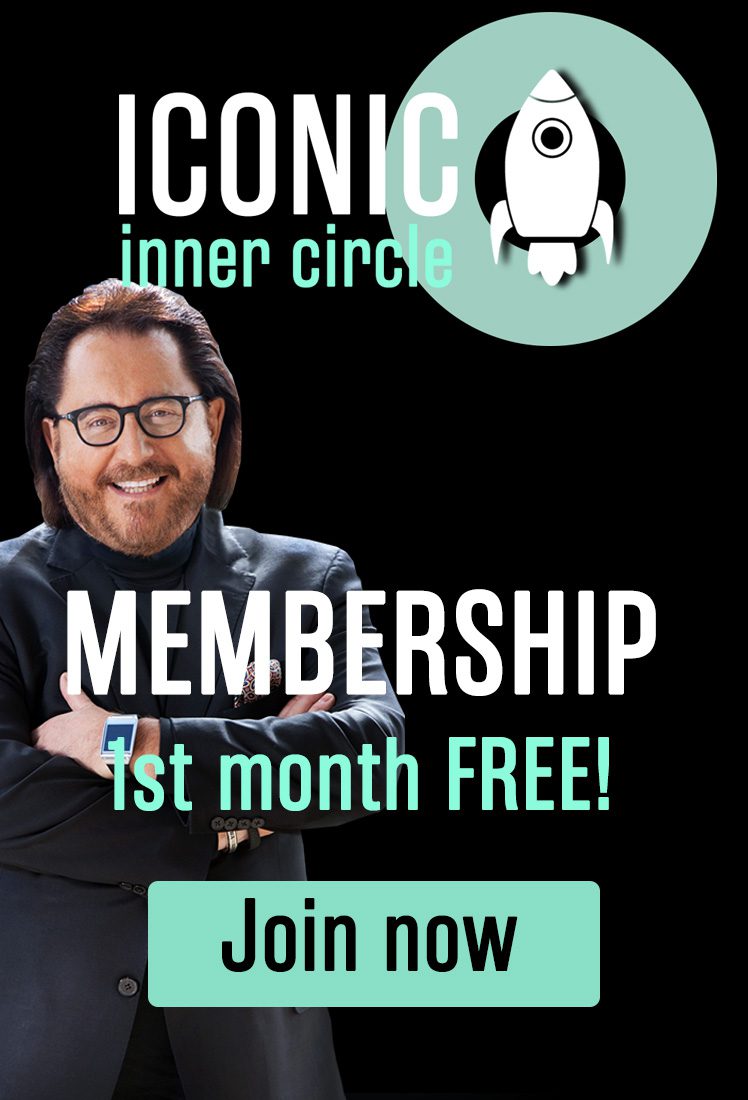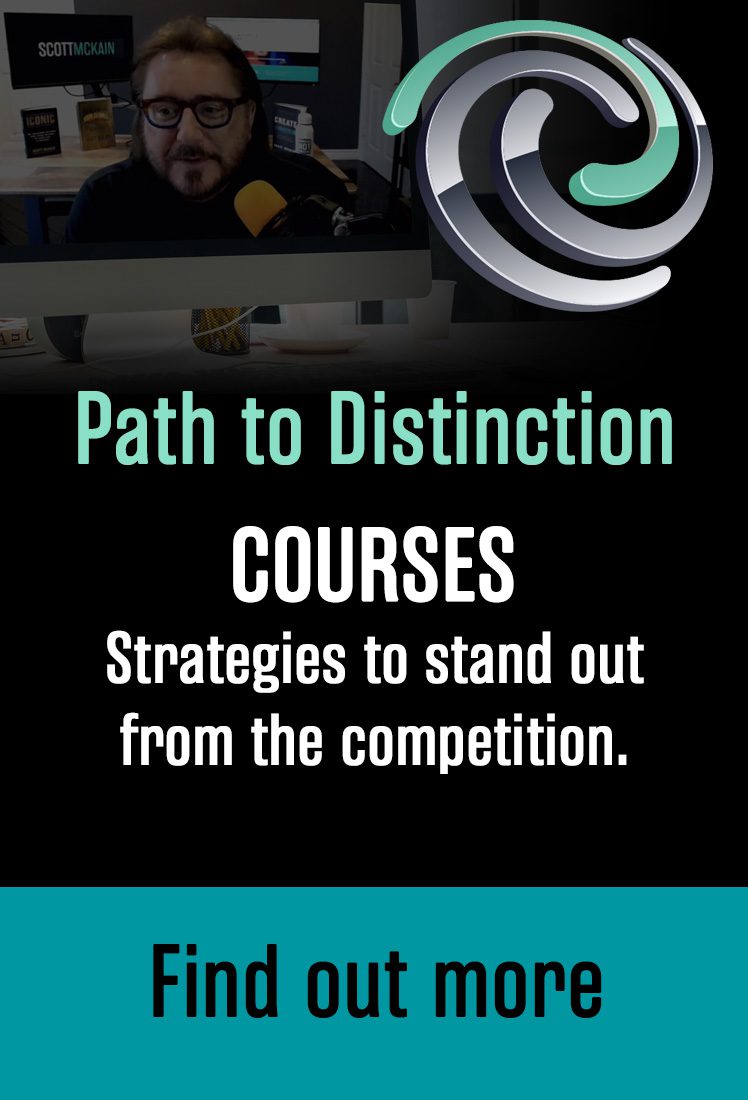As I’m writing this on my flight to Sydney for a series of meetings there and in Tasmania, this is also preparation time for a new program I’m launching at a large event for financial service professionals next month. After talking with them about some of my past experiences, they asked, “Would you do a program to teach us how to be better storytellers?”
When I launched my speeches on the concept I created — “ALL Business is Show Business” — a significant aspect of my work was teaching the power that a compelling story had to connect you with your audience/customer.
It has shocked me a bit to recall that this was in 1982!
As I was building my speaking business, I was also working as a movie critic and entertainment reporter with my commentaries syndicated to about 100 television stations around the world. As I would review the movies, I would study why some worked — and many others failed. The vast majority of the time, it was because of the script.
I was also afforded the tremendous opportunity to meet and interview some of the great storytellers of our time: James Cameron to the Farrelly Brothers, from Tom Hanks to Arnold Schwarzenegger, from Meryl Streep to Faye Dunaway.
What I learned was striking: most of the organizations and professionals with whom I was working needed to learn the lessons of the entertainment industry.
For example, show business is — in the final analysis — about only one thing: making a compelling emotional connection with the intended audience. The deeper the connection, the greater the success.
It became my viewpoint that business should be — in the final analysis — about only one thing: profitably making a compelling emotional connection with your target customers. The deeper the connection, the greater the success.
Any business that can create these strong bonds with their customers — in a manner that is fiscally responsible for the organization, naturally — is going to succeed. When we accomplish this task, we have customers that want to repeat their purchases and refer our products and services.
Is it that simple? Well, it bears repeating here something I wrote many years ago: just because something is simple does not mean that it is easy to do. In fact, one of the points I consistently make is this: “Perhaps the hardest thing in the world to do is to make something look easy.”
Put your fingers on a keyboard and press the keys — that’s what you have to do to play a piano. That’s simple. But, try sounding like a distinguished concert pianist, who undoubtably seeks quite at ease on the stage, and you’ll see what I’m talking about.
One of the challenges is that we adopt excuses such as, “I’m not a natural storyteller.” Here’s a clue: neither are most of the great storytellers. On a recent episode of “Comedians in Cars Getting Coffee” with Jerry Seinfeld, the great Eddie Murphy relates a story of bombing so badly on the stage, the owner of the club refused to pay him. This meant Murphy didn’t have enough money to get cab fare home. He had to call his father to come pick him up (at 2AM!). Murphy’s dad demanded that he quit comedy and get a “real job.”
At this point, Eddie Murphy could’ve said, “I guess I’m not a natural comedian or storyteller.” Instead, he worked harder at his craft. He has put in thousands of hours to make his performances seem effortless.
Most professionals won’t make a similar commitment — even as we know that the ability to relate stories to our team members and customers is one of the most important aspects of leadership and professionalism.
YOUR business is, in fact, “show business.” And, if you want to be relevant in today — and tomorrow’s — marketplace, it’s both an attitude and a skill that you must be willing to work on.



